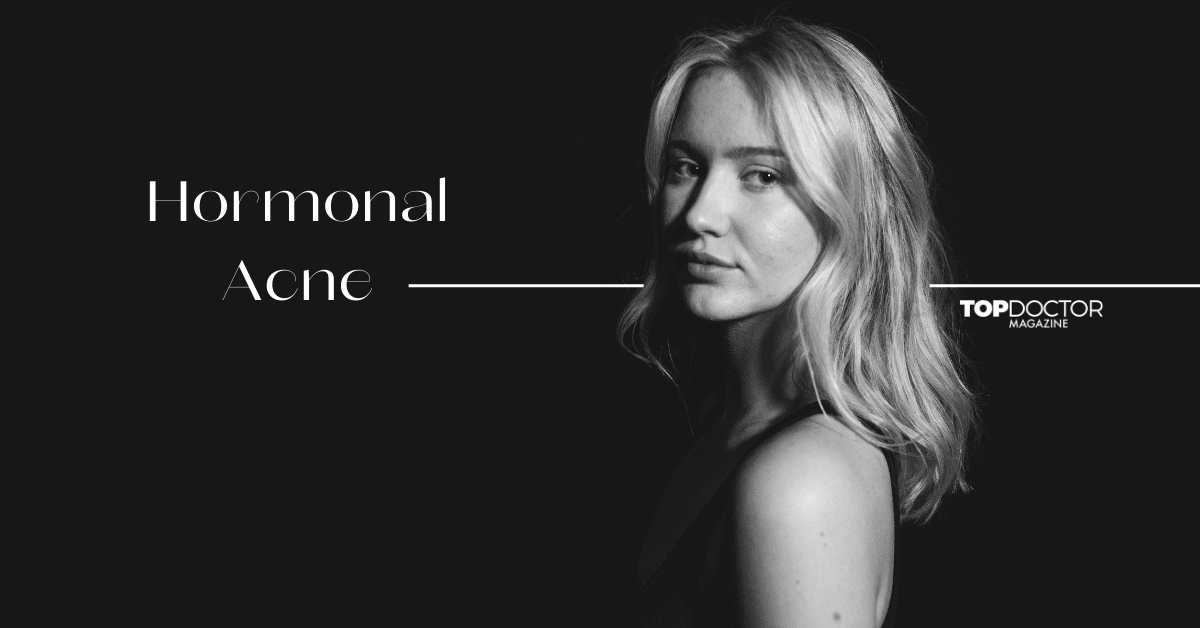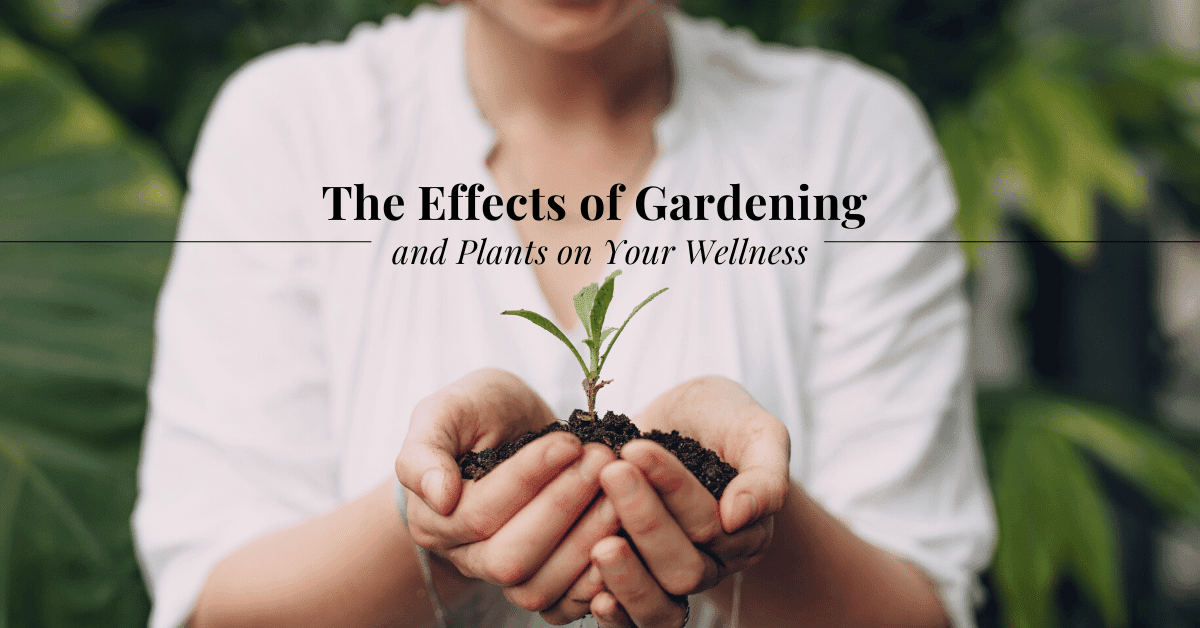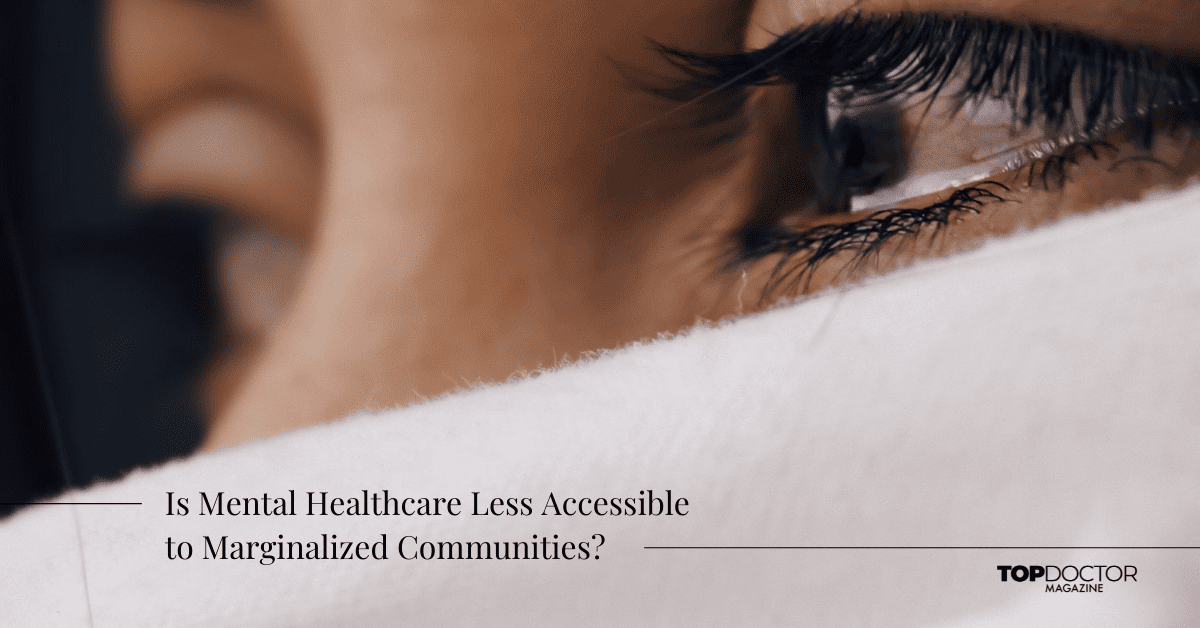Have you ever wondered why you sometimes get those huge, inflamed zits that seem to take over your chin for no apparent reason? Is there anything you can do about it other than crossing your fingers and hoping for the best? Luckily, we nowadays have many ways you can alleviate your hormonal acne.
Hormonal Acne Reasons
According to Medical News Today, hormonal acne is not a term used in research or medical practitioners, but on the Internet, in magazines or by people selling natural remedies. Therefore, it can simply be called acne or by its medical term: acne vulgaris.
Contrary to popular belief, hormonal acne is not caused by overeating sugar or chocolate. It’s actually caused by a hormone imbalance, which can result from many different things that naturally occur as we go through our stages of life: puberty, pregnancy or menopause. It can also be caused by stress and lack of sleep that mess with your estrogen and testosterone. And while it’s not entirely understood why some people get hormonal acne and others don’t, it is suspected to have a genetic factor.
Hormonal Acne from Birth Control
Can birth control pills cause hormonal acne? The answer might be different for everyone; sometimes, yes, but sometimes it can reduce acne.
Certain pills with progesterone only can cause acne to become worse.
However, other birth control pills can help with hormonal acne because they change how hormones work in your body. For example, some birth control pills cause a reduction in the amount of acne-causing androgen hormones.
Considering the varying effects of birth control pills on acne, it is wise to consult your doctor if you are concerned about how taking them can affect your skin.
Hormonal Acne Areas
Hormonal acne can cause breakouts in numerous skin areas, such as:
- Face: The most common place for acne to appear on the face is around the forehead and cheeks.
- Chest: Hormonal acne on the chest usually appears as a rash of small red bumps that can look like a sunburn.
- Back: Back acne usually starts as blackheads or whiteheads on the shoulders and upper back, spreading to more concentrated areas over time.
- Buttocks: Buttocks are one of the most common places for hormonal acne because sweat can irritate pores in this area and cause acne.
Hormonal Acne in Pregnancy
Other than teenagers, the population most affected by hormonal acne are pregnant women because hormonal acne affects most pregnant women in the second and third trimesters of pregnancy. The two types of hormonal acne affecting pregnant women are:
- Acne due to the rise in androgen levels, or male hormones: This type is commonly seen in women during their second trimester and lasts until the end of the third.
- Acne due to the decline in estrogen levels or female hormones: This type is commonly seen later in pregnancy.
Accutane (Isotretinoin) is an oral medication for treating severe acne, but you should be careful about taking it during pregnancy as it can cause nasty side effects to a developing fetus.
Cystic Acne
Cystic acne is a severe form of acne caused by a buildup of bacteria and oil in the hair follicle and can be painful, taking weeks or months to heal. Dry skin is a common problem that may result from an infection, a reaction to certain medications or aging.
In mild cases, topical treatments applied twice daily can be effective. In more severe cases, cleansing three times daily and sometimes taking oral antibiotics is recommended. In most severe cases, it can be treated with a corticosteroid injection called triamcinolone. This injection into the lesion aims to reduce inflammation and scarring.
Will Hormonal Acne Go Away?
There are many ways to deal with hormonal acne, but there is no one-size-fits-all solution. The best way to find out what works for you is through trial and error over time. The best ways to get rid of hormonal acne are:
- Clearing your skin of dead skin cells;
- Exfoliating twice a week;
- Using gentle products that don’t irritate the skin. You can use makeup removers, baby soap or natural skincare products such as cucumber slices.
- Using a hydrocortisone cream. Hydrocortisone reduces inflammation and is good for all types of skin.
- Using a benzoyl peroxide cream or gel that you apply to your skin. Benzoyl peroxide has antibacterial properties and can help treat acne.
How to Treat Hormonal Acne
Hormonal Acne Supplements
There are many different types of supplements available on the market for acne reduction, and they work in various ways.
One popular supplement contains vitamin A, which helps reduce sebum production in the skin pores and reduces inflammation. You can also find supplements containing zinc, which helps reduce inflammation, kill bacteria and decrease the number of acne bumps.
You can also try supplementing with green tea extract and caffeine, which may help prevent clogged pores.
Some people swear by vitamin C supplements to reduce the severity of acne and control breakouts. This is due to vitamin C being a powerful antioxidant that helps protect the skin against the irritants in cosmetics and environmental pollutants. It also helps control excess sebum production, promoting acne formation.
You can find supplements that contain aloe vera gel, which offers relief from dryness and irritation caused by acne. Aloe also has anti-inflammatory properties that help treat inflammation and reduce redness.
Hormonal Acne and Accutane
The standard treatment options for acne are topical creams and antibiotics. However, these treatments are only temporary and will not cure the condition completely.
Accutane (Isotretinoin) is a medication that has been used for over 30 years to treat severe acne that has not responded to other treatments, such as antibiotics or topical creams. Accutane should be used only in severe acne cases characterized by large, painful cysts and scarring.
Hormonal Acne and Retinol
Hormonal acne can be caused by an imbalance in the body’s natural hormone levels. Retinol, a form of vitamin A, can be used to remedy hormonal acne. It helps reduce inflammation and redness, unclogs pores and helps with acne scars. Retinol also reduces fine lines, wrinkles and hyperpigmentation problems while improving the overall appearance of your skin.
How to Treat Hormonal Acne Naturally at Home
Natural remedies for hormonal acne are cheaper and maybe more gentle on the skin. In addition, they do not have as many side effects as using harsh chemicals on the face.
Here are some natural remedies for hormonal acne:
- Drink plenty of water to hydrate your skin and flush out toxins from your body.
- Apply ice packs on your face for 15 minutes every day.
- Eat foods rich in antioxidants, like blueberries, strawberries, dark chocolate or spinach.
- Use apple cider vinegar as a toner.
A Parting Reminder
Now that you know more about hormonal acne, you are better prepared to face future breakouts and prevent them in the first place. As always, consult your doctor to find out if you’re at risk for or dealing with hormonal acne and what else you can do to keep your skin healthy.






0 Comments